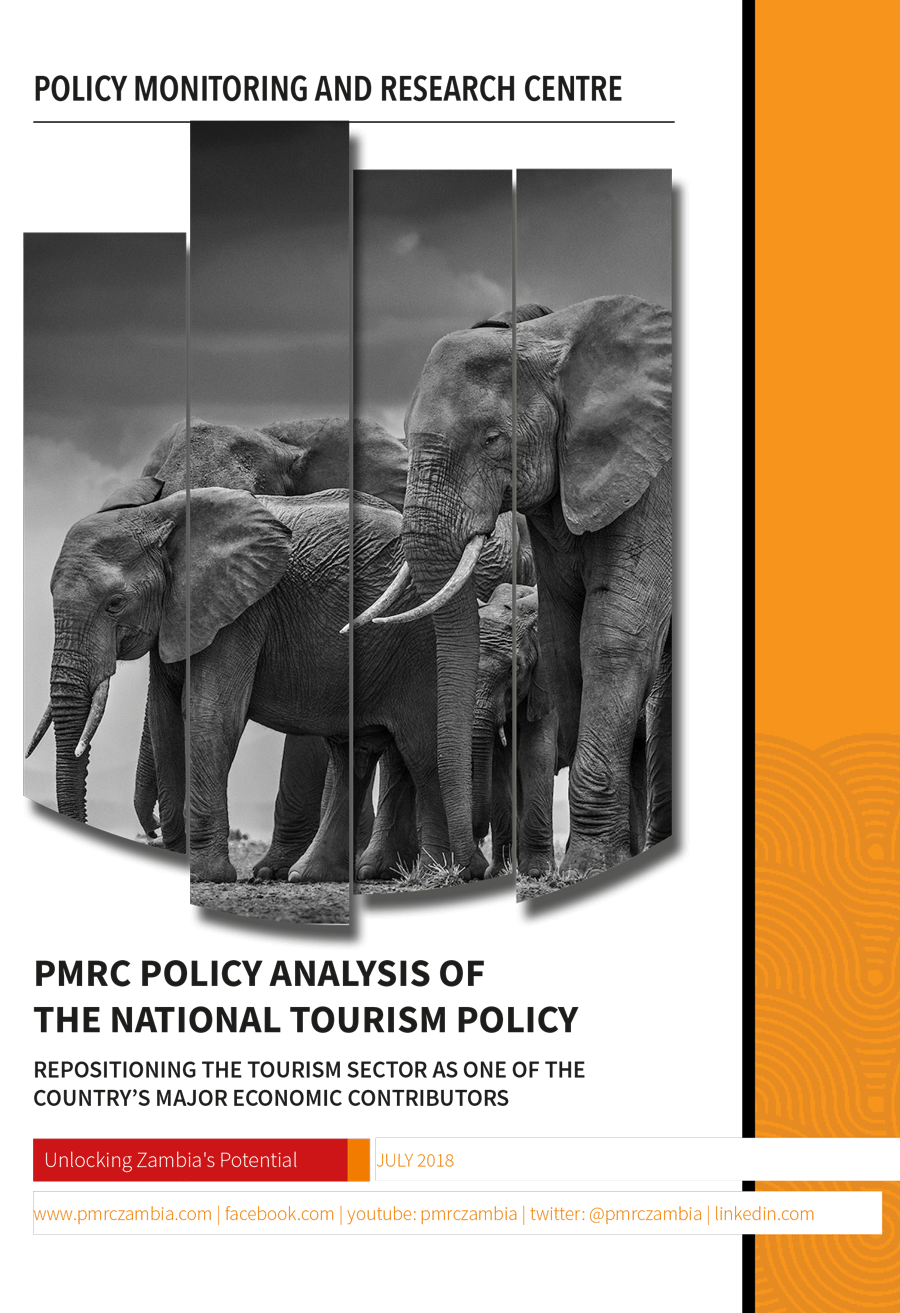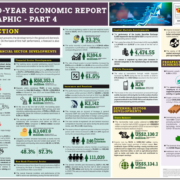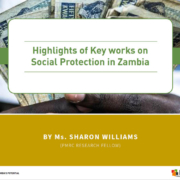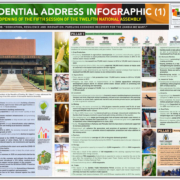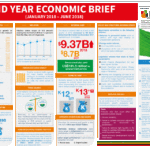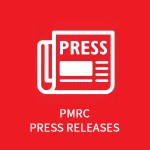Zambia’s tourism sector has been identified as one of the key economic sectors for diversification of the economy. Government and key stakeholders recognize the potential the sector has in contributing to the economy through job creation, foreign exchange earning, contributions to Gross Domestic Product (GDP) and other economic facets. The sector’s potential to contribute to the economy has not however been fully unlocked due to a number of impediments. Some of these include delays in policy and legislative reforms and administrative and structural reforms.
In February 2017, the Government of the Republic of Zambia launched the National Tourism Policy of 2015. The delayed launch of the policy was attributed to the interruptions in the review process, in the form of various national events such as the successive presidential, parliamentary, and local government elections and others. The aim of reviewing the policy was to present stakeholders’ views in light of the changing trends in the tourism sector and also to reposition the sector as one of the county’s major economic contributors. This followed the recognition and reclassification of the tourism sector from a social sector to an economic sector. The revised policy is aimed at ensuring the tourism sector contributes to job creation, foreign exchange earnings Gross Domestic Product (GDP) and poverty reduction through wealth creation. Additionally, the policy is meant to provide a strategic framework for sustainable tourism development intended to ensure the sector realizes its full potential (Ministry of Tourism and Arts, 2015).


